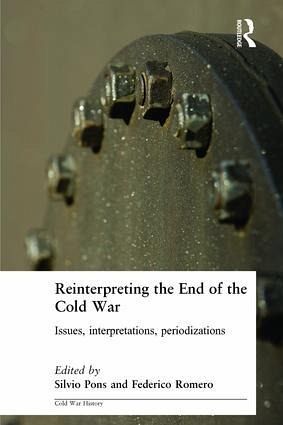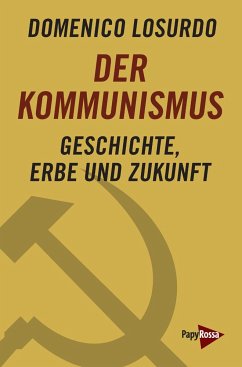
Reinterpreting the End of the Cold War
Issues, Interpretations, Periodizations
Herausgeber: Pons, Silvio; Romero, Federico
Versandkostenfrei!
Versandfertig in 1-2 Wochen
61,99 €
inkl. MwSt.
Weitere Ausgaben:

PAYBACK Punkte
31 °P sammeln!
A much-needed examination of how technology has affected national security, focusing on issues such as definitions of peace and war, the conduct of and military organization for war, and the growing role of the private sector in providing security.














